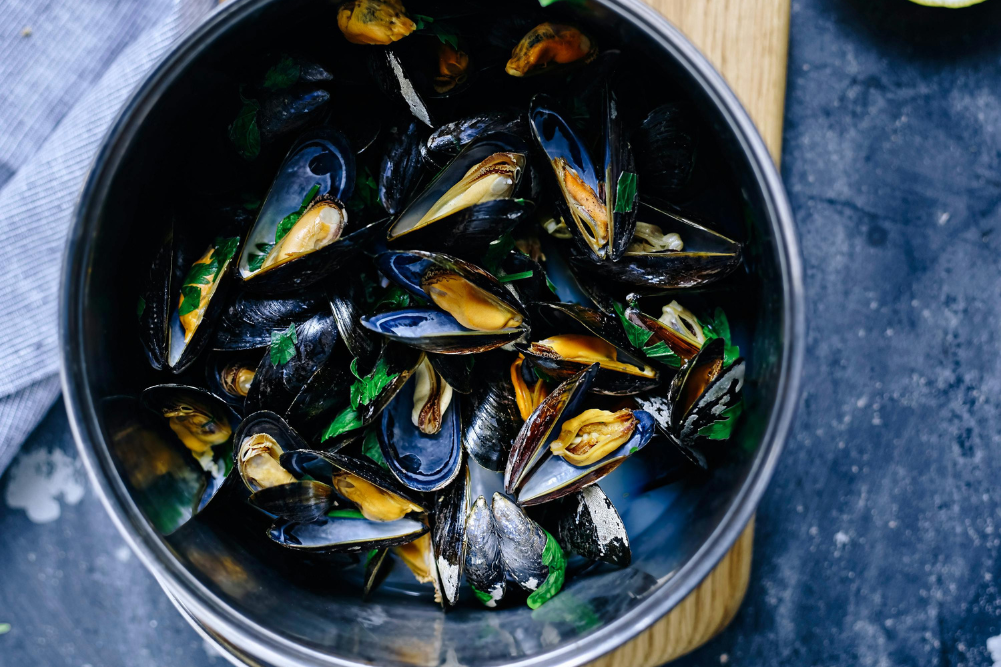What is rutin?
Rutin was first identified in 1842. At this time it was thought its main function was to reduce excessive bleeding. It wasn’t until about 100 years later that its other health effects began to be uncovered.
Rutin in the body
Rutin fits into the class of antioxidants known as bioflavonoids. These substances are pigments that are used as protective agents by plants against the UV rays of the sun. They are also used for the plant’s fertility as their bright colours attract pollinators. Their strong antioxidant properties give them many of the therapeutic effects that can contribute to a healthier you.
Inflammation
Antioxidants act to clear up free radicals in the body. These substances are created by day-to-day activities but their production increases with poor diet, exposure to pollutants, stress and lack of sleep. They are responsible for cell damage and ageing. The reduction of free radicals by bioflavonoids can slow the ageing process as well as boost immune function.
Antioxidants have also been shown to reduce inflammation in the body. It’s no surprise then that bioflavonoids are commonly used for the prevention and treatment of respiratory conditions such as chronic sinusitis. They can also reduce the chance of infection and painful inflammation.
Allergies
Another aspect of bioflavonoids and their benefits on the respiratory system is their big role in the strengthening of fine vessels such as capillaries. Rutin in particular has been found to significantly assist in building up tissue that may have been weakened through infection and inflammation. For those suffering chronic sinusitis or hayfever, rutin can be a great help. In fact, if allergies are the cause of your blocked nose, rutin has the added effect of acting as a natural antihistamine.
Histamines are released by your body as a protective mechanism. In the case of allergies, your body goes into overdrive in the production of histamines, which can result in pain and fluid buildup. So rutin not only reduces the initial reaction but strengthens the tissue as well. This strengthening means capillaries are less permeable so fluid doesn’t build up where it shouldn’t, thus resulting in less inflammation.
Blood vessels
Rutin’s capacity to strengthen tissue is not isolated to just capillaries. All aspects of your vascular system can benefit. This includes problems such as varicose and spider veins as well as haemorrhoids. These conditions can all result from weakened tissue, which in many people is due to hereditary factors. They can, however, be exacerbated by inactivity, prolonged standing, especially on hard floors, and straining when going to the toilet. Whatever the cause, though, rutin can reduce current symptoms and prevent further recurrence.
Bruising easily and bleeding gums are two other conditions that can benefit from this nutrient through its strengthening action. It’s not only these more visible and uncomfortable conditions that can be helped, though. Internal vascular tissue is also strengthened by rutin intake. If this tissue is weak there’s a greater chance of fluid retention and more serious problems such as plaques on artery walls, which can lead to strokes. Research even suggests that rutin can reduce unhealthy cholesterol levels and high blood pressure.
Rutin in food
So where can you find this wonderful substance? If you prefer to get your intake through food, the best sources are buckwheat, citrus fruits (especially the pith), fruit skins of all varieties and plant shoots. Sprouting seeds can be a great way to get a range of other phytonutrients, too. Cooking damages this substance to a degree, so raw is best. The richest source is thought to be buckwheat, so the introduction of buckwheat soba noodles into your diet can be a good boost. Preserved lemons are another delicious source. Try an Asian dressing incorporating these over a buckwheat noodle base.
Rutin in supplements
Foods are always the best source of any nutrient and are especially helpful as preventatives. If you suffer from any of the conditions above, though, perhaps a supplement will be required for a stronger impact. Rutin can be bought at your healthfood shop and usually is found in combination with vitamin C along with other bioflavonoids. Part of the reason for this is because these nutrients all work together to prolong each other’s effects. When taking rutin, your body will respond more strongly to vitamin C.
Another factor to consider is whether the supplement you choose is high enough in rutin to have a therapeutic effect. At least 400mg a day and up to 3000mg can be the level required to achieve benefits for specific conditions. This dose should be spread throughout the day. Remember to always talk to your nutritionist or naturopath about the right amount for you.
Rowena York is a Melbourne-based naturopath, herbalist and nutritionist with a particular interest in food as medicine.







